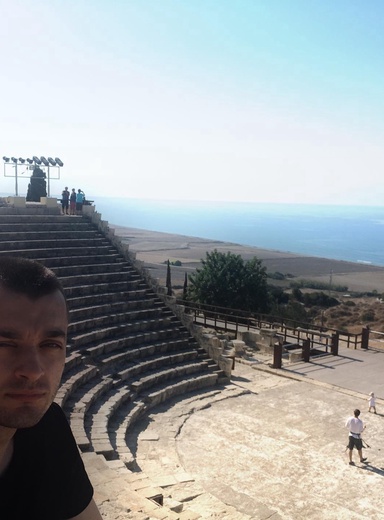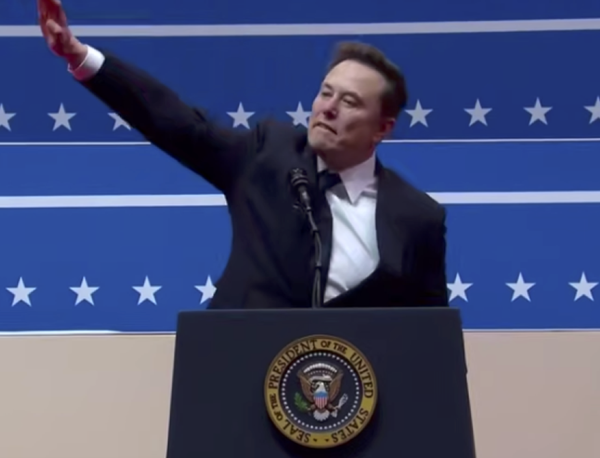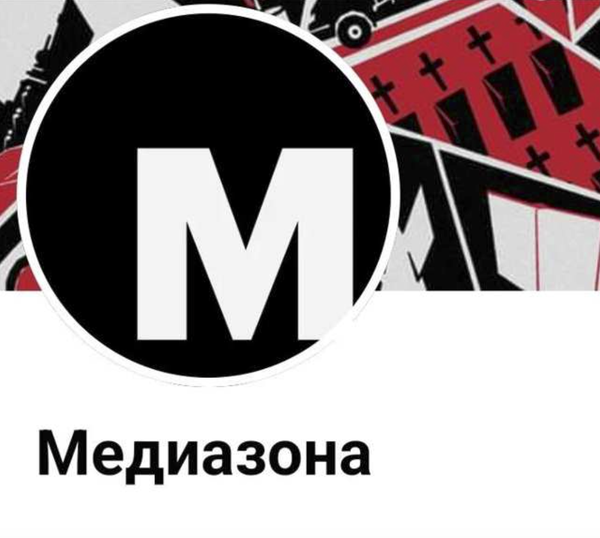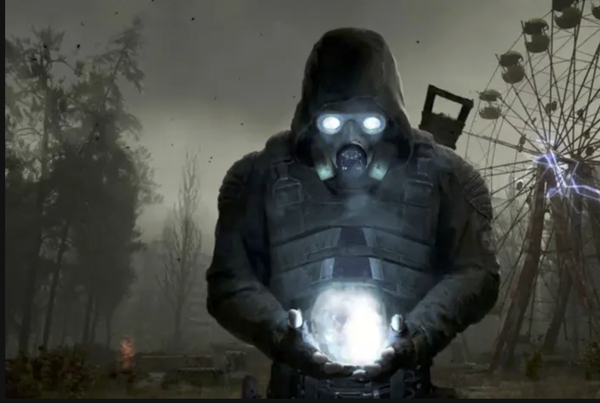The occupier’s dictionary
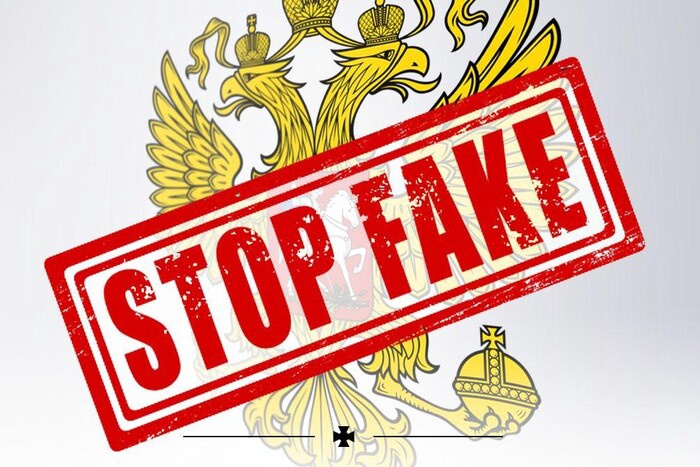
“Newspeak was conceived and intended not to widen but to narrow the boundaries of thought…” wrote George Orwell in his celebrated novel 1984 (translated by Vitaliy Danmer). Reminder: newspeak, the official artificial language of the fictional totalitarian military and political bloc Oceania, enabled the ruling Ingsoc party to control citizens’ thoughts and ideas, especially dissenting ones.
Today, this “new language” is being imposed not in some imaginary Oceania, but in the very real totalitarian state of russia. You can hear it every day in local news broadcasts, if you just listen closely.
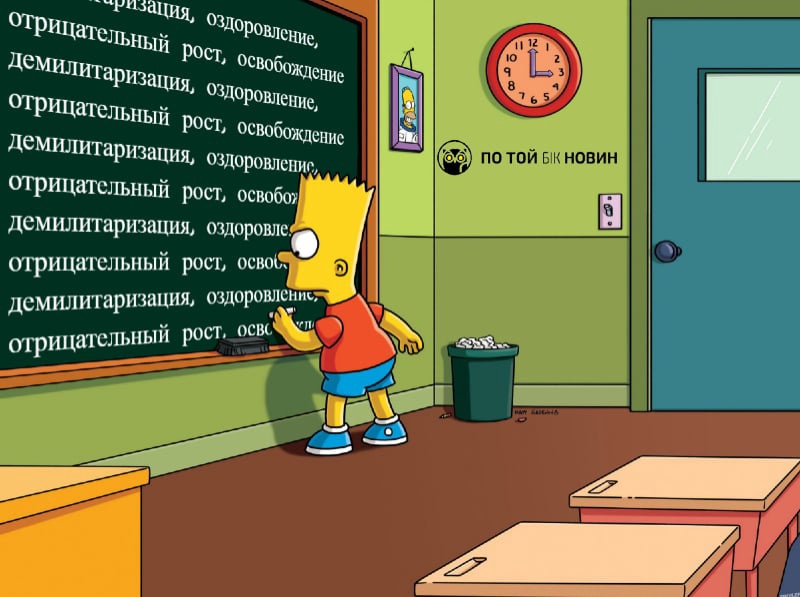
Here are ten of the most notable examples:
“Interference by outsiders” — railway accidents
Example:
“The wagons of a freight train derailed in the Volgograd Region due to ‘interference by outsiders’,” the railway website reported.
“In the Ryazan Region, 19 wagons of a freight train derailed due to ‘interference by unknown outsiders’,” the official channel of the Moscow railway reported.
“In the Simferopol Region, a train derailed due to ‘unknown outsiders interfering’ with the operation of railway transport,” the Crimean railway said.
Explanation: With just three words, railway workers distorted russians’ perception of accidents. In the first case, the wagons were attacked by UAVs; in the second, the accident was staged by Ukraine’s military intelligence (GRU) to disrupt russian troop logistics; and in the third, the train derailed due to an explosion. But official reports omit any such details, using only the euphemism “interference by unknown outsiders.”
Demilitarization — destruction of civilian infrastructure
Example:
“Strikes on Ukraine’s energy facilities are part of demilitarization, because they directly affect the Ukrainian defense industry,” Putin declared on April 11, 2024.
Explanation: russian propaganda considers anything and everything a military facility: thermal power plants, hotels, post offices, residential buildings, hospitals, and schools. They imagine Ukrainian soldiers everywhere, even in kindergartens. Essentially, russian propagandists are legitimizing the destruction of any site on Ukrainian territory in the minds of their population through a new and twisted narrative. According to their distorted logic, even an ordinary grocery store can influence the war’s course, as Ukrainian soldiers might purchase coffee there.
Denazification — genocide
Example:
“In the case of Ukraine, on the contrary, they (the Nazis) are glorified, put on a pedestal, and allowed to hold torchlight processions of thousands in the centre of major cities,” TASS quotes Putin as saying.
“According to a representative of the russian Defense Ministry, neo-Nazis have set up a stronghold on the premises of the Putyvl psychiatric hospital,” Vesti.ru writes.
Explanation: russian propaganda employs the term “denazification” to justify killing Ukrainians. The russians label anyone identifying as Ukrainian, involved in Ukrainian culture, or defending the country’s territorial integrity as Nazis. Nowadays, the word “denazification” serves as an ideological marker, helping to cloud russian thinking and shift the focus away from reflections on the inadmissibility of war toward the vague term itself.
A gesture (step) of goodwill — the retreat of the russian army
Example:
“On June 30, as a gesture of goodwill, the armed forces of the russian federation completed their tasks on Zmiinyi Island and withdrew the garrison that was deployed in the area,” a report from the russian Ministry of War stated.
Dmitry Peskov, the Kremlin’s press secretary, offered a similar explanation for the withdrawal of russian troops from the Kyiv Region. “In order to create favourable conditions for negotiations, we wanted to make a gesture of goodwill,” he said.
Explanation: A “gesture/step of goodwill” is what russian authorities call the withdrawal of russian troops from Kyiv, Chernihiv, and Zmiinyi Island. However, when it came to the occupiers’ withdrawal from Kherson and Kharkiv, propagandists termed it a “regrouping and redeployment of units.”
With this new linguistic game, they are attempting to soften the russian public’s reaction to the failures of the russian army and eliminate any thoughts of possible defeat from their minds.
Bang (“khlopok” in russian) — explosion
Example:
“The residents of Biysk heard a bang in the industrial area. According to the technological process, one of the enterprises of our city was carrying out some work,” wrote Viktor Shchigrev, the so-called mayor of the city.
“We heard some bangs; then a fire started,” the Telegram channel Emergency Simferopol reported.
Explanation: Any explosions on russian territory are referred to as “bangs” - a classic euphemism. The word has become so ingrained that it is used constantly by both authorities and ordinary citizens. “Bang” sounds softer than “explosion”, and it also creates the illusion that the authorities have everything under control. In Ukraine, this word was turned into the famous mocking pun “bavovna” (cotton) as russian “khlopok” has two meanings – “bang” and “cotton”.
Special Military Operation (SMO) — war
Example:
“Since January 1, 2024, more than 53,000 people have been recruited to serve in the russian Armed Forces in the interests of the special operation,” Dmitry Medvedev stated.
Explanation: If George Orwell’s famous line was “War is peace”, then russia’s version is “War is a ‘special military operation’ (SMO)”. In 2022, during the first months after the full-scale invasion, the russian authorities categorically denied the concept of “war”, and criminal cases were opened against those who publicly called russia’s aggression against Ukraine a war.
Parallel import — theft
Example:
“The head of the Ministry of Industry and Trade, Denis Manturov, said that the volume of goods imported into russia under parallel imports since its launch in May has reached almost $6.5 billion. “By the end of the year, this figure is expected to rise to $16 billion,” the businessman stated.
Explanation: Parallel imports in the so-called russian federation are defined as the importation of goods without the consent of the trademark owner. In reality, it is the theft and importation of counterfeit goods without any accountability.
Negative growth — the decline of the russian economy
Example:
“Experts of the Higher School of Economics predicted ‘negative growth’ of the russian economy,” writes the website rossaprimavera.
Explanation: The term “negative growth” is another way to distort reality. Real growth implies an increase in the economy, and in this case the word is used for the exact opposite situation - recession and stagnation. This is probably done with the expectation that viewers/readers will perceive such a play on words as something positive in the news flow, because the word “growth” tends to actually blur the meaning.
Liberation – occupation
Example:
“All russian cities must be liberated,” said Pushilin, according to RIA.
“We knew that the fighters and commanders of Wagner’s PMC were also patriots, they proved it by liberating the Donbas and Novorossiya,” Putin said in an address to the citizens.
Explanation: russian propagandists refer to the occupation of Ukraine’s territories as “liberation” and the occupiers as “liberators.” The russian authorities also use the word “adhesion” to describe the annexation, as was the case with Crimea – the peninsula allegedly adhered to the russian federation, and was not seized by force. Such distortions are aimed at making the russian population less inclined to view themselves as occupiers and invaders, and creating the false impression that russia is acting within the framework of international laws.
Rehabilitation (rest) for children — deportation
Example:
“Two children from the Donbas were sent for treatment and rehabilitation at the Federal Children’s Rehabilitation Centre of the russian Children’s Clinical Hospital (RCCH) in the Moscow Region,” said Elena Petryakina, director of the russian Children’s Clinical Hospital.
“I adopted a 15-year-old teenager from Mariupol captured by russian troops. Now I know what it means to be a mother of a child from the Donbas. It’s hard, but we definitely love each other,” said Mariya Lvova-Belova, who calls herself the russian ombudsman.
Explanation: The russian authorities refer to the deportation of local children from the occupied territories of Ukraine as “rehabilitation”, “treatment” or “rest”. According to Ukrainian law enforcement, the russians have abducted about 20,000 children, but this figure may be higher. The children are taken directly to russia, or through Crimea or Belarus, where they allegedly spend several weeks “resting” in camps.
In 2023, the International Criminal Court issued an arrest warrant for russian dictator Vladimir Putin and the russian so-called Commissioner for Children’s Rights Mariya Lvova-Belova; they are suspected of war crimes — deportation and displacement of the population, including children, from the occupied territories of Ukraine.
This is just a small list of how linguistic structures and words of the new language ideologically distort reality on the territory of the terrorist state of russia ![]()
Translated from the language of the occupation forces (russian) to a civilized language by Dmytro Filipchuk.


